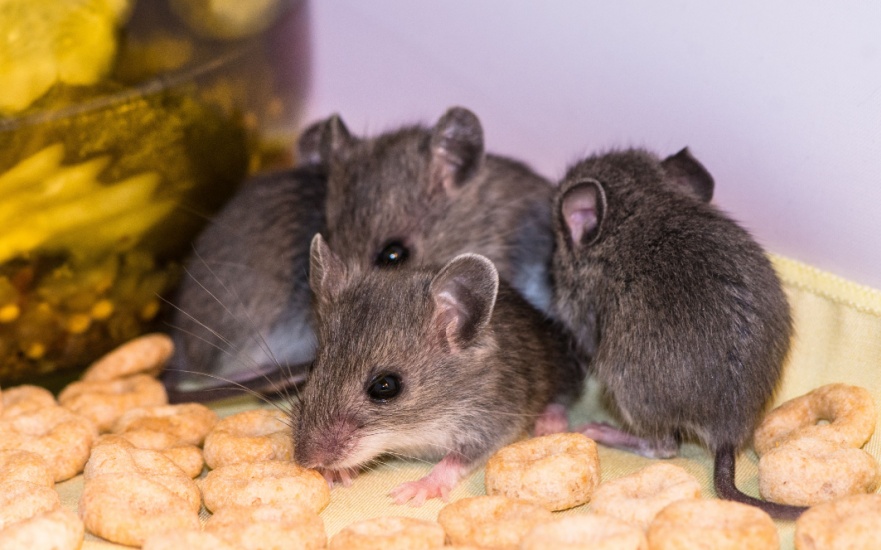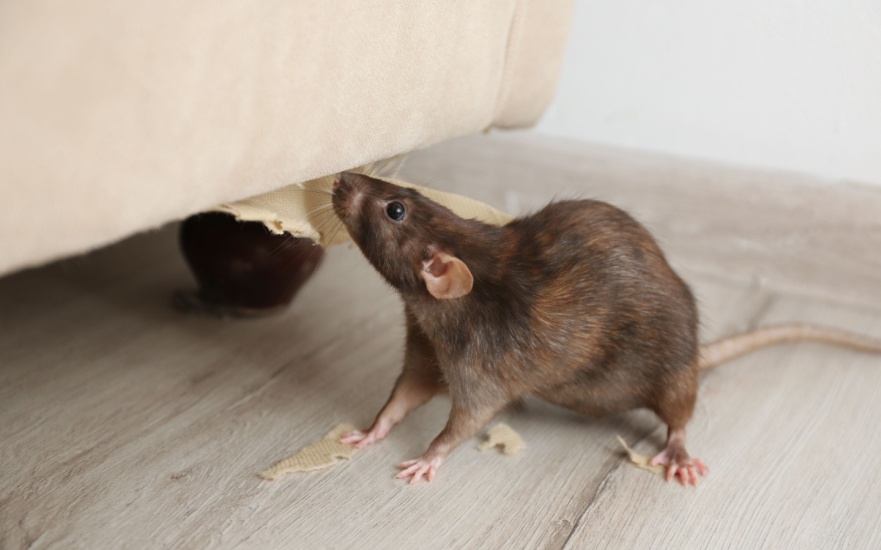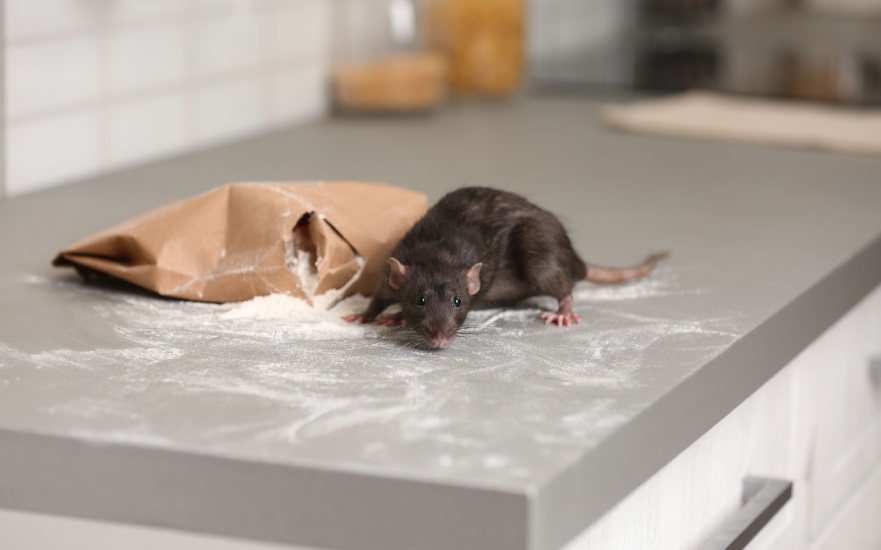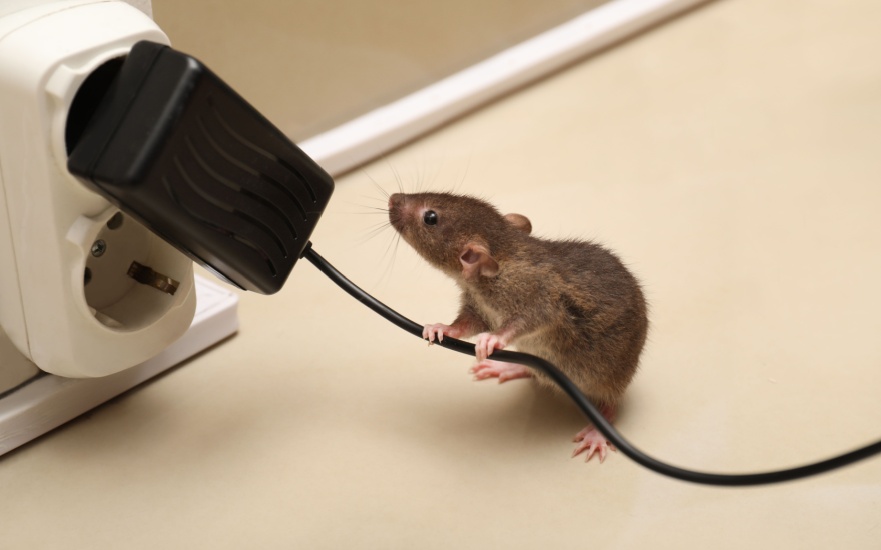Are mice a common problem in Charleston? The short answer is yes. Charleston, South Carolina, is known for its historic charm, vibrant culture, and beautiful coastal scenery. However, like many cities with warm climates and old buildings, Charleston is also home to a less charming resident: the common house mouse. Understanding why mice are so prevalent can help homeowners take steps to protect their homes from infestations.
The Environmental Factors Contributing to Mice Infestations
Are mice a common problem in Charleston? One of the primary reasons mice thrive in this area is the city’s warm, humid climate. Mice are highly adaptable creatures that seek environments where they can find food, water, and shelter. Unlike colder regions where mouse activity slows in winter, Charleston’s mild climate allows them to remain active year-round.
Charleston’s proximity to water sources, including rivers, marshes, and the Atlantic Ocean, also plays a role in attracting mice. These areas provide abundant food sources and nesting sites, making them ideal habitats for rodents. As urban development expands into these natural areas, mice often move into homes and buildings in search of new shelter.
Learn more about how climate affects rodent populations by visiting EPA’s Guide to Rodents.
How Charleston’s Historic Homes Attract Mice
Are mice a common problem in Charleston? The city’s historic homes, while beautiful, are particularly vulnerable to mice infestations. Many of these homes feature older construction methods and materials that mice can easily exploit to gain entry. Cracks in the foundation, gaps around windows and doors, and aging plumbing or wiring systems provide easy access points for rodents.
Once inside, mice reproduce quickly. A single pair of mice can produce dozens of offspring in just a few months. Without proper intervention, what starts as a minor issue can escalate into a full-blown infestation.
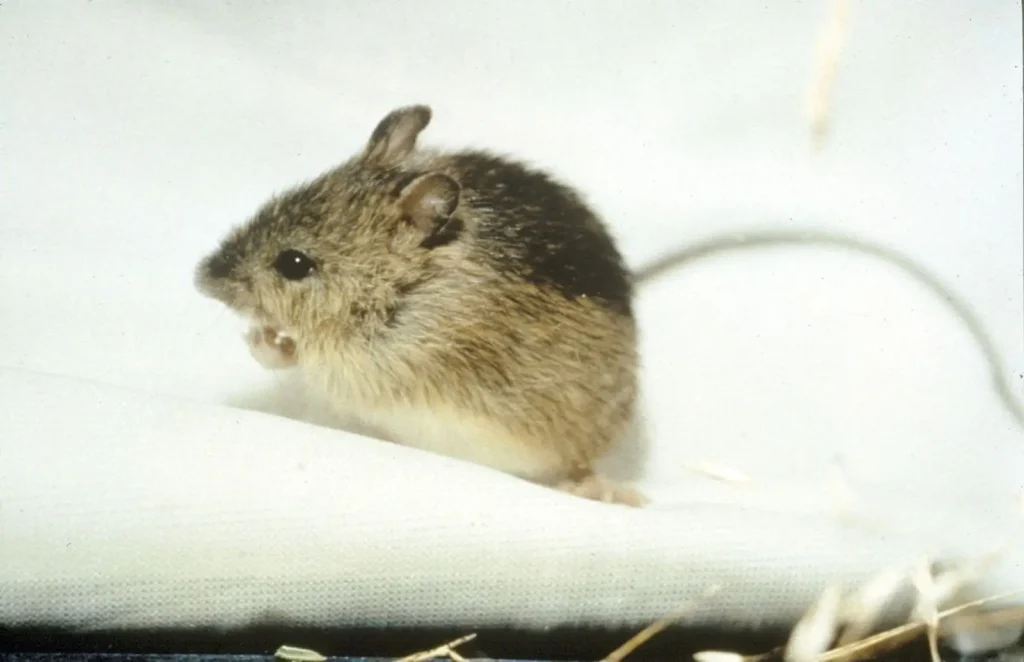
Neighborhood Trends and High-Risk Areas
Are mice a common problem in Charleston? Some neighborhoods are more prone to infestations than others. Areas with older homes, especially those close to water or wooded regions, often experience increased rodent activity. Neighborhoods with dense vegetation, overgrown lots, or abandoned buildings also tend to attract mice.
Residents in these areas should take extra precautions to secure their homes. Regular inspections, sealing entry points, and maintaining a clean property can significantly reduce the likelihood of an infestation.
Signs of Mice Infestations in Charleston Homes
Homeowners often report finding signs of mouse activity, including:
- Mouse droppings in pantries, cupboards, or along baseboards
- Scratching noises inside walls or ceilings, especially at night
- Gnaw marks on food packaging, wires, and wooden structures
- A strong musky odor, often indicating a large infestation
Unfortunately, by the time these signs become noticeable, the infestation may already be well-established. That’s why early intervention is crucial. For expert guidance, check out Vinx Pest Control.
Preventive Measures for Charleston Homeowners
Given the high likelihood of mice infestations, Charleston homeowners must take proactive steps to protect their properties.
1. Inspect and Seal Entry Points
Mice can squeeze through openings as small as a dime. Conduct a thorough inspection of your home’s exterior and seal any cracks, gaps, or holes using steel wool, caulk, or rodent-proof materials.
2. Store Food Properly
Keep food in airtight containers and clean up spills and crumbs immediately. Mice are opportunistic feeders, and even small amounts of food can attract them.
3. Maintain a Clean Home
Regularly clean and declutter areas such as basements, attics, and garages where mice tend to nest. Removing clutter reduces hiding spots and makes it easier to spot early signs of an infestation.
4. Trim Vegetation Around Your Home
Overgrown plants and bushes create shelter for mice. Keep landscaping well-maintained and remove piles of debris that could serve as nesting sites.
5. Consider Professional Pest Control Services
If you suspect a mouse infestation, professional pest control is often the most effective solution. Experts can provide a thorough inspection, identify potential entry points, and implement a customized plan to eliminate and prevent infestations.
For professional assistance, contact Vinx Pest Control to schedule an inspection.
Why Mice Are a Persistent Issue in Charleston
Are mice a common problem in Charleston? Yes, due to the city’s climate, historic buildings, and proximity to natural habitats. However, with proper vigilance and preventive measures, homeowners can protect their properties from these unwelcome guests.
Taking early action can save you from costly repairs and health risks associated with mice infestations. If you suspect an issue, don’t wait—reach out to pest control experts today to keep your Charleston home mouse-free.
Final Thoughts
Are mice a common problem in Charleston? Absolutely. But with proactive prevention and professional help, you can safeguard your home against these persistent pests. Don’t let mice take over—implement these strategies today to maintain a safe and healthy living environment. For expert solutions, visit Vinx Pest Control and schedule your pest inspection now.



